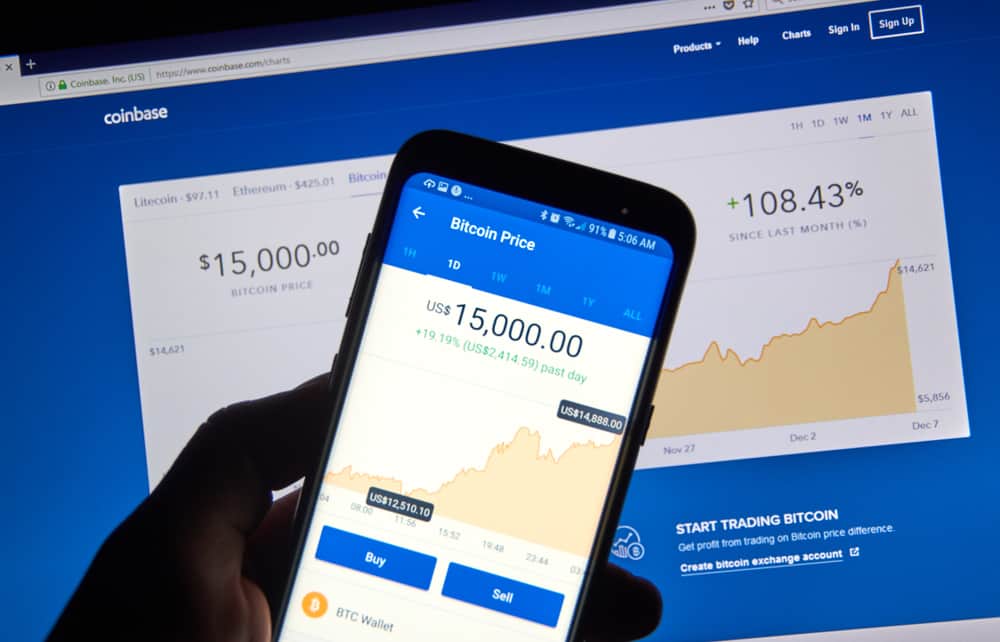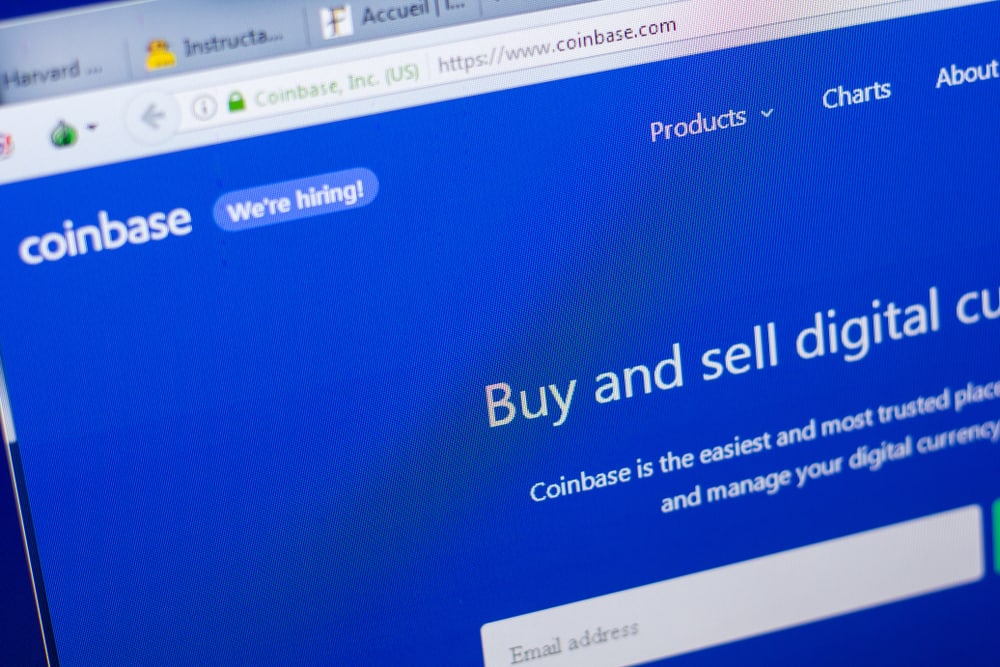The class complaint filed by Brandon Leidel on behalf of Cryptsy’s former customers against Coinbase is set to be ruled in open court after the latter lost its last appeal to compel arbitration.
Coinbase is being tried for failing to monitor Cryptsy’s CEO, Paul Vernon’s account adequately. The plaintiff claimed that the exchange should have detected the theft and halt it as required under the bank secrecy act.
Background of the Cryptsy embezzlement
It all traces back to early 2016 when the Cryptsy exchange claimed insolvency after months of growing service related issues. The official website where the announcement was first made public has been taken down ever since.
Cryptsy blamed it on a hack that had occurred less than two years earlier in July 2014. The company alleged that the incident had cost them approximately 13,000 BTC and 300,000 LTC. It suspected the developer of Lucky7coin as the perpetrator.
Reports suggested that the hack was not reported to avoid spreading panic among traders while gradually refunding customers.
It was not until the U.S. District Court for the Southern District of Florida found out that Vernon was responsible for the hack. In January 2016, an investigation, following a nationwide class action lawsuit filed against Cryptsy, showed that as much as $8.2 billion worth of customers’ digital assets were liquidated through other exchanges like Coinbase using Vernon’s personal account.
The latter triggered a second class-action lawsuit in December 2016 against Coinbase for not fulfilling its regulatory obligations, as a depository of Cryptsy’s and Vernon’s accounts, to halt phony schemes and money laundering related activities. Rumors surfaced that Vernon has fled the country to China.

Leidel Vs Coinbase
The plaintiff, Brandon Leidel, who is a former Cryptsy customer, filed the lawsuit on behalf of all affected customers whose money was stolen by Vernon. The procedural history from the appeal court document reads:
“All the claims were based to some extent on Defendant’s [Coinbase, ed.] alleged failure to (1) adequately monitor and investigate Cryptsy’s and Vernon’s use of Defendant’s website; (2) detect Vernon’s theft of Cryptsy’s customers’ Bitcoin; (3) report suspicious activity by Vernon or Cryptsy to the appropriate authorities”.
Coinbase attorneys sought a motion to compel arbitration, under the doctrine of “equitable estoppel,” that was denied by the court.
On April 23, the court ordered a denial of the motion to compel arbitration under the theory of equitable estoppel ruling it to not be applicable in this case, under both California and Florida Laws where both plaintiff and defendant reside.
The court concluded that, since the plaints were based on duties and obligation imposed by federal regulations and state common laws, rather than enforcing terms of users agreement signed by Vernon, the motion to compel must be rejected.
More recently, the decision to reopen the case was granted by the U.S. District Court for the Southern District of Florida on June 4 to the plaintiff. The case will have to proceed to a jury trial, as opposed to the private arbitration sought by Coinbase attorneys in their last appeal.
Coinbase lawyers did not seek to oppose the relief and are believed to have held a Case Management Conference through a phone call on June 1 with the plaintiff. A second Case Conference Report and proposed scheduling order are yet to be deposited by Leidel.






